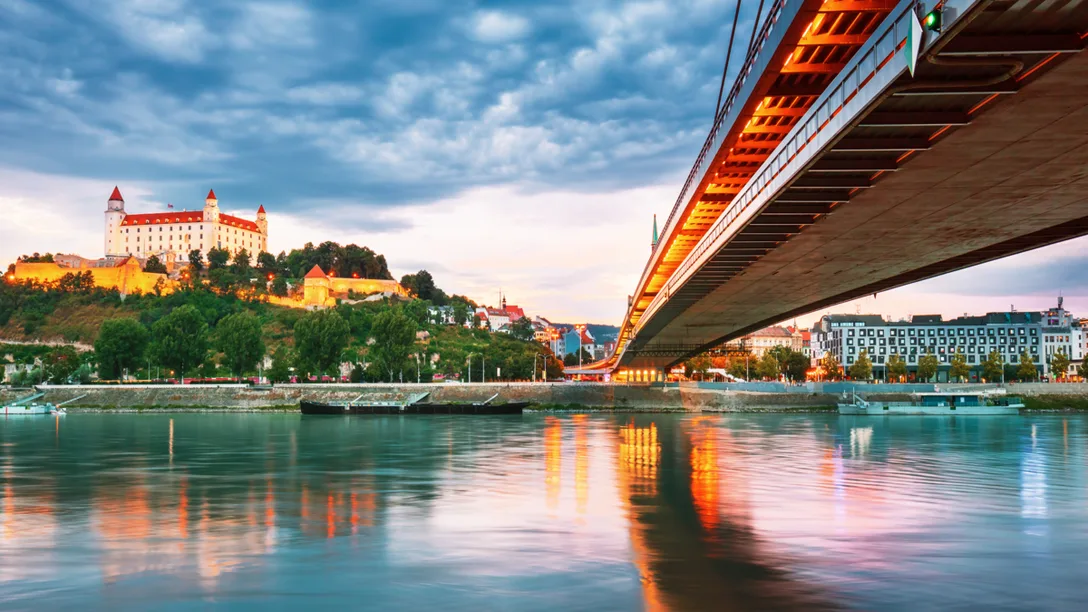Romantic Danube
Viking's Explorer Sale
Heart of the Danube
European Sojourn
Offers listed online are only a fraction of what we can offer, contact us to for a custom itinerary built for your needs
Separated by the Danube River, with Buda on the Western side of the city and Pest on the Eastern side, Budapest is also known as the “Pearl of the Danube”. Considered to be one of the most beautiful capital cities in the world, it features a vibrant city centre, majestic buildings, pretty parks, massive church spires, its mighty river and lavish spas. With 118 hot springs in the capital alone, a highlight of any visit to Budapest is a visit to one of the city’s many baths. The biggest is Széchenyi Thermal Baths while perhaps the prettiest is the art nouveau Gellért Baths.
The tallest building in the city is the neo-classical Saint Stephen’s Basilica which is also home to the mummified right hand of Saint Stephen. Wander through the stunning Great Synagogue, the largest one outside of New York and see the Holocaust Memorial’s Tree of Life. Visit the magnificent Buda Castle and the Castle District for sweeping views of the city below.
Budapest is a city that is pretty by day, but truly sparkles at night. Take a night cruise along the Danube and be awed by the grandiose buildings of the House of Parliament or the Chain Bridge – its reflection shimmering romantically in the river. Stroll down the leafy Andrássy Avenue, admiring the beautiful buildings along the way before ending up in City Park, just behind Heroes Square.
The past is very apparent in the present with bullet holes and pockmarks dotted on buildings all over the city. Having survived two terror regimes, the haunting House of Terror Museum is a memorial to the victims. Formerly headquarters for the secret police of both the Nazi and Communist governments, the fully renovated building that houses the museum is a moving and very well laid out monument to the memory of the victims that were held captive, tortured and murdered there.
For an obscure glimpse of cold war history, visit Memento Park on the outskirts of the city where 42 pieces of art and propaganda from the Communist era are displayed. With giant statues of dictators such as Lenin and Marx, its purpose is to celebrate the fall of communism rather than to glorify the oppression of the era. Before you leave, don’t forget to sample the country’s most popular dish – goulash. A soup, not a stew in its traditional form; it’s the Hungarian paprika that gives the dish its spicy flavor.




